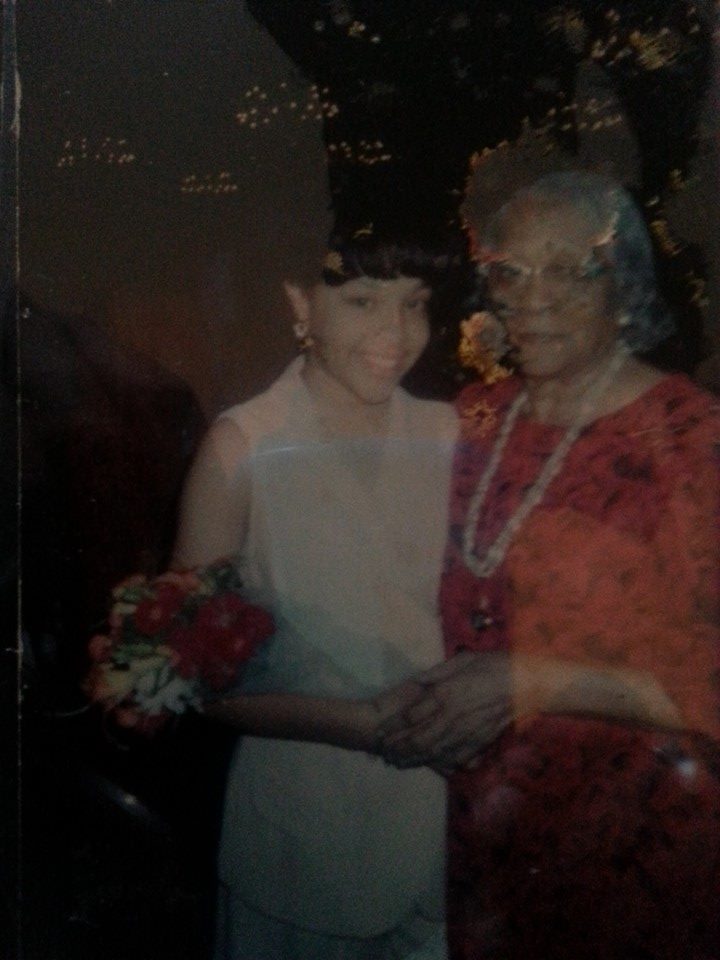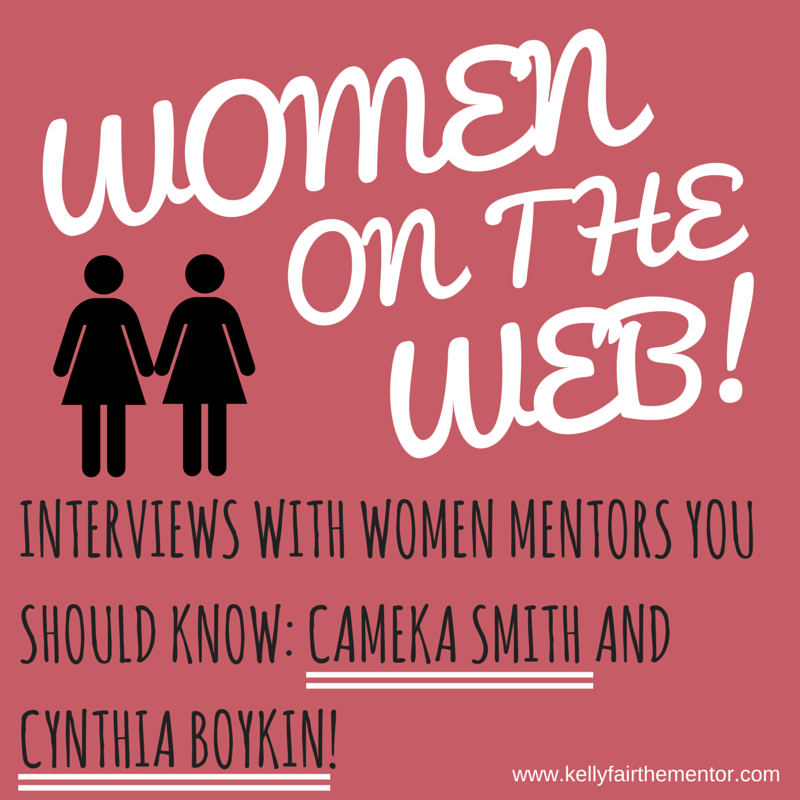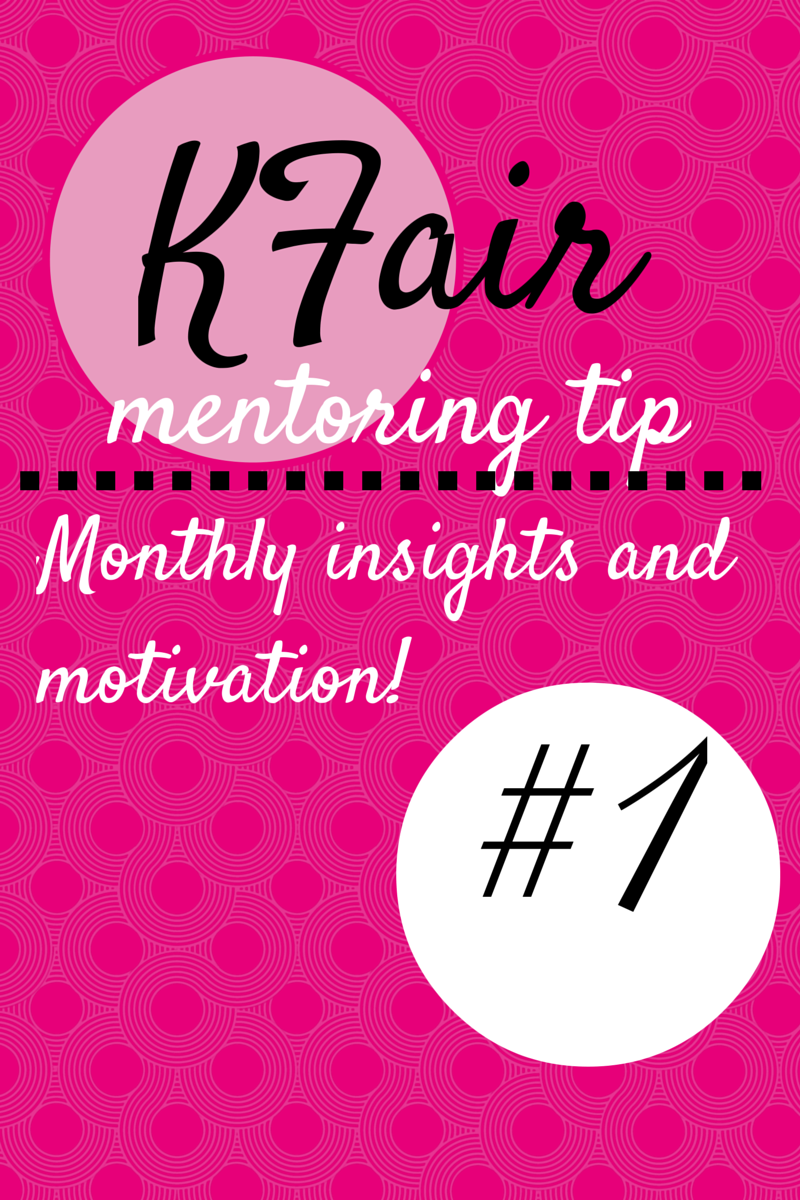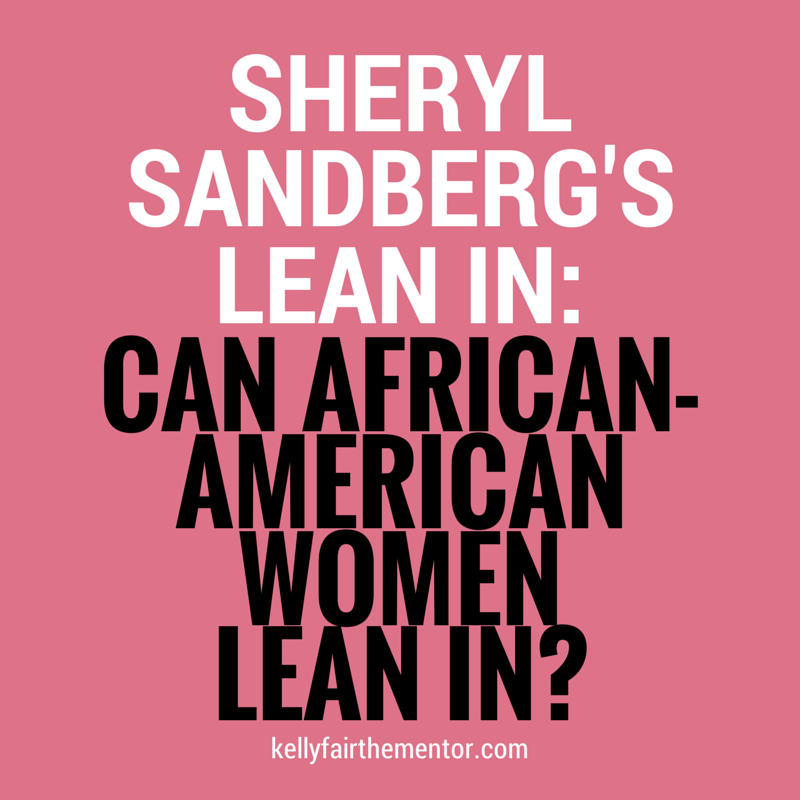As January is National Mentoring Month. I want to take the time to share with you one of my most favorite people…my Nana! She has inspired me in many ways, including in my mentoring career. My Nana showed me that mentoring takes many different forms. One way that people can be mentors to their community, is by having a commitment to service. My Nana was an usher for 63 years!
As you read about my Nana, think about the people in your life who have inspired you. What have they taught you about mentoring or giving back to the community?

My mom always shared with me that our family has always instinctively served our community. My grandmother was dedicated to singing and playing the piano for her church choir at Resurrection Lutheran. My great-grandmother was the precinct captain in our old neighborhood, and made sure people in our community were equipped effectively to vote and cause change. And when the dire need presented itself years ago, as a father and local businessman, my grandpa purchased the first microscope for the black middle school in small south suburban village my mom grew up in. And, then of course there was my other great-grandmother, Maggie Peebles, who we all lovingly called “Nana.” Nana was an usher for 63 years at Arnette Chapel in the Morgan Park community here on the south side of Chicago. What a testament to service and commitment that is!
Years ago, Arnette Chapel decided to start a girls mentoring program, and during a Sunday service they asked girls to stand next to the woman who they wanted to mentor them. To her surprise, a young woman came and stood next to Nana. She couldn’t believe it. Nana hadn’t finished elementary school, and although she had owned her own barbecue restaurant for a short time, she was primarily a domestic worker. She was amazed that a young girl would want to be mentored by her, because she didn’t feel that she had anything substantial to offer this girl. But, what she didn’t realize was that this girl and many others looked up to Nana because of her strong commitment to servicing her church and community. Nana was not only this strong, but loving and sweet, usher ready to take her post every Sunday. But, she was also one of the primary cooks serving up those chicken dinners after service in the church basement. And, everybody loved Nana, because Nana always made sure EVERYBODY had enough to eat!
In today’s society, it’s easy to understand that many of us are just “keeping are heads above water.” Many of us are primarily focused on economic and professional attainment to improve the status for ourselves and our immediate families. In this new millennium, it’s hard to imagine how anyone can keep a commitment to a volunteer position for 63 years, when it seems staying with the same job, and most marriages don’t make it for 5-10 years. But, with the challenges were having in our community with violence, poor education, and struggling family and community infrastructures, how can we not find time to tithe our time much in the way that Nana, and many of our parents, grand parents, and elders did? We are who we are today and experience the success and freedoms we do, because our elders made a sacrifice to tithe their time, talents, and service to the betterment of their community and the betterment of their future us. What a self-less investment? Nana, and her fellow ushers didn’t take “selfies” or group pics after they served on Sundays and post them to Facebook or Instagram to show all their social media followers and fans how they were “holding it down” for their community. Nope, they just did the work often with no obvious recognition. Service was a part of their lifestyle.

So, it’s essentially our duty to make sure that we are doing the same in our old communities for the next generation, whether they be children in your family or not. We are all one family. So, no excuses you have to find the time volunteer at least once a month. You have to find time to make a phone call or email a week to that teenager who you know is in need of some guidance. Or, if you’re a practitioner like me, stick with your work! And, despite all of the set backs and challenges don’t give up and continue to serve.
A commitment to service is definitely a lifestyle choice I hope more of us choose to adopt because SERVICE is a cornerstone of mentoring!








